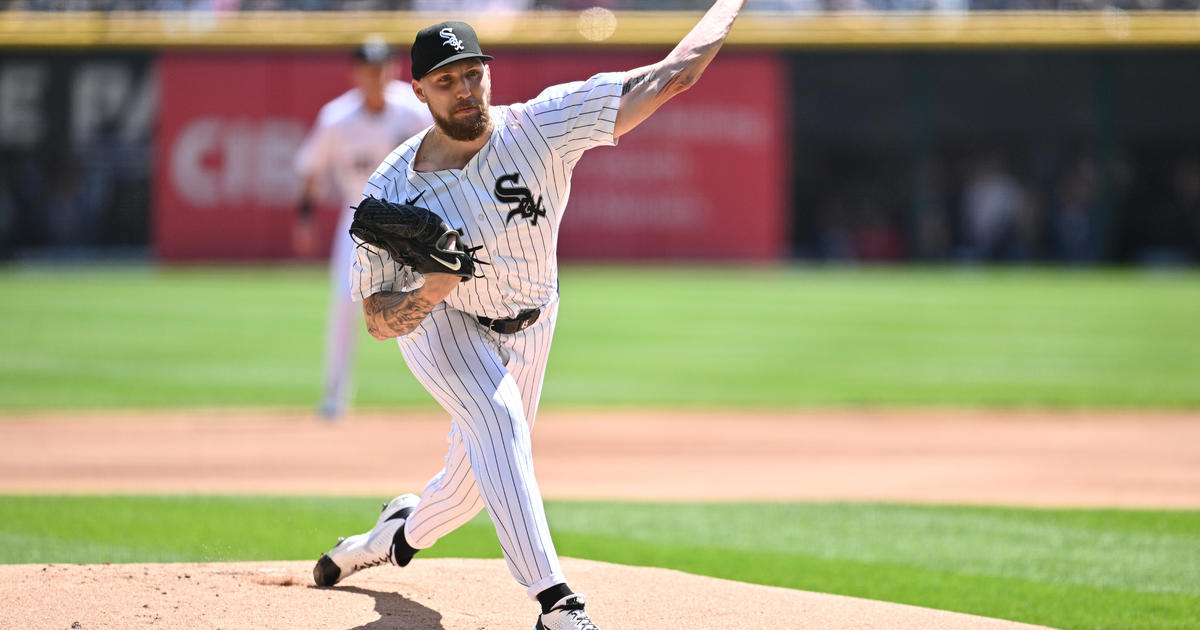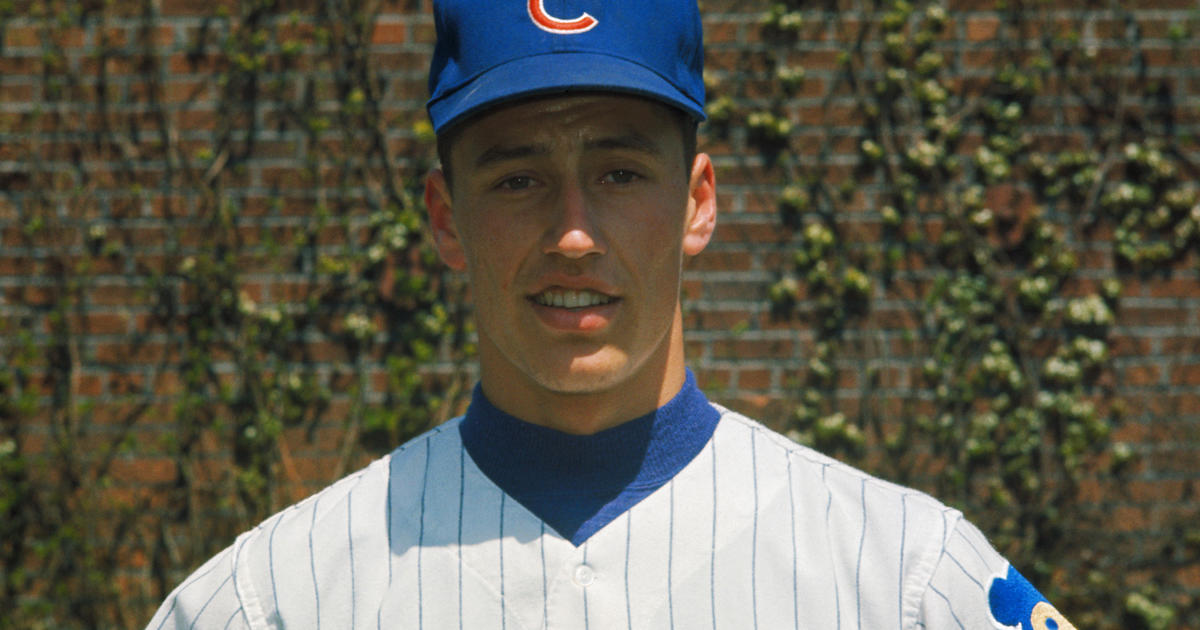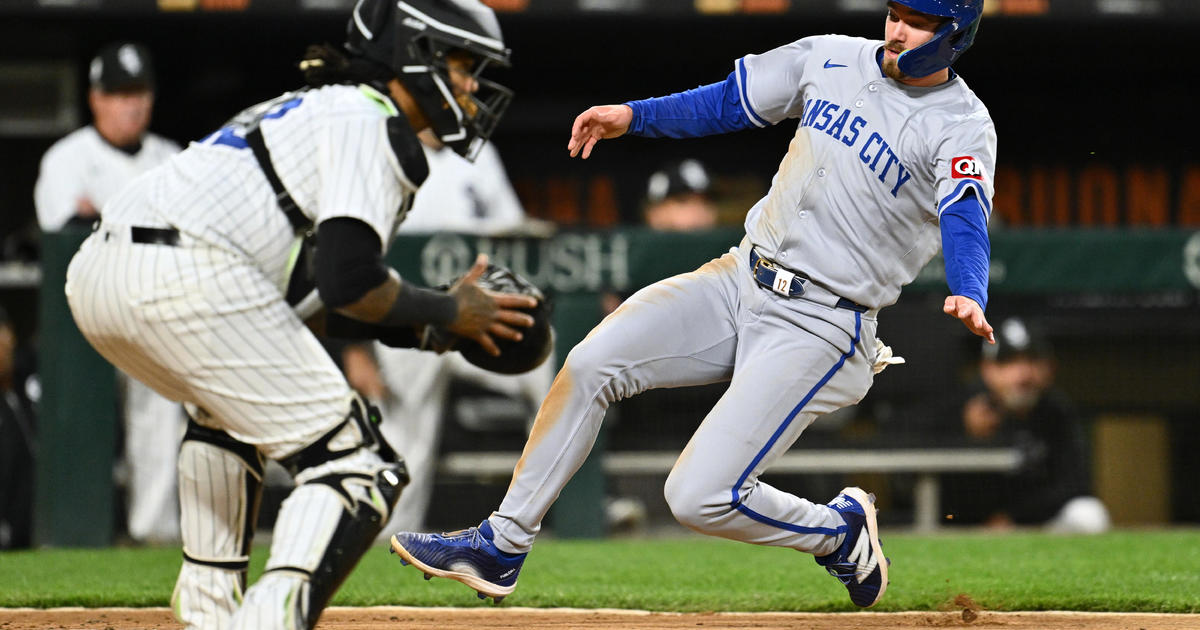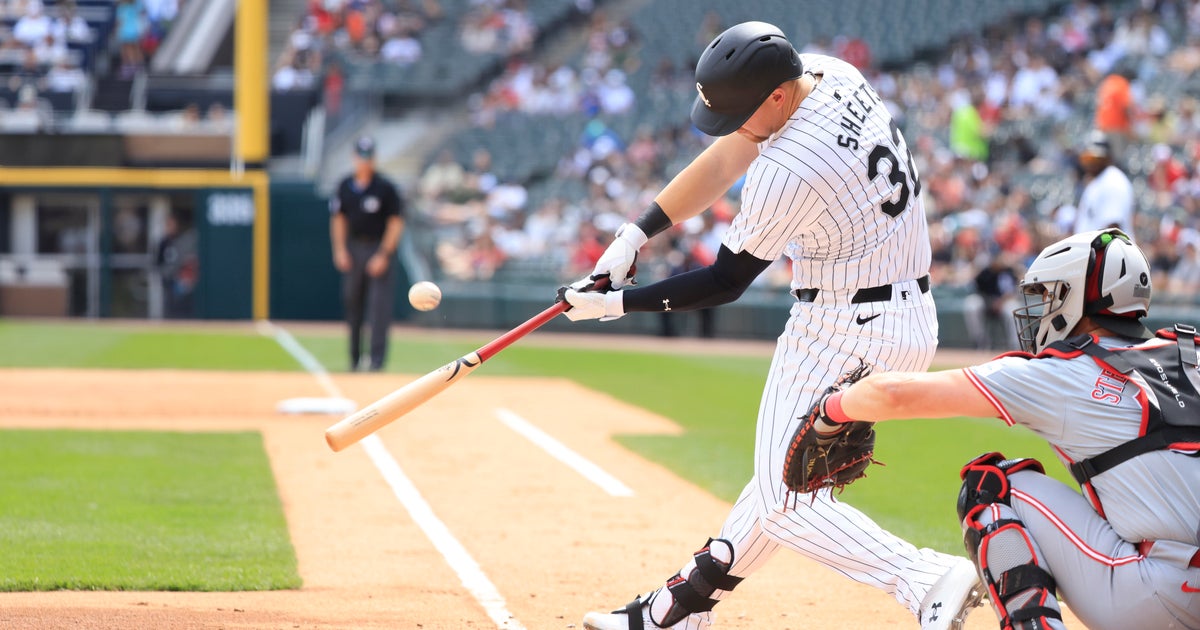Levine: DH Rule Inevitable For Cubs, National League
By Bruce Levine
CHICAGO (CBS) -- While the Mets, Nationals and White Sox duke it out in the Yoenis Cespedes free-agent sweepstakes, is the designated hitter potentially coming to the National League a consideration for these teams moving forward ?
What if the two NL teams in the bidding had the luxury of knowing Cespedes could DH through the life of a long-term deal? Would that change the bid or the dynamic the teams use to approach the 30-year-old slugger?
The mega-millions and multiple-year contracts that concern baseball executives may soon be impacted by the added feature of all 30 clubs employing a designated hitter full-time. At the owners meetings this week, MLB commissioner Rob Manfred acknowledged the push for the DH in the NL has gained momentum and owners are more open-minded.
The American League has flourished offensively since adapting the rule in 1973. It allowed aging veterans who still made a high salary to continue playing, despite the attrition of their baseball skills. The players' association loved it because of higher contract averages across the board. The fans were able to see their favorites like Henry Aaron close in on records and still be viable after the legend's legs began to give away.
The recent expanded interleague schedule averages 20 games per season for each club against the other league. It appears due to this new twist in the schedule, NL teams have softened their previously hard-line position against the DH.
In previous discussions about the rule, ownership from the old guard in Chicago, St. Louis, Los Angeles and San Francisco had been firmly against the change. Times appear to be changing.
"When we sit down and discuss a six- to 10-year deal with a player, we have to assume the skill set may start to deteriorate," an NL executive said. "If we are spending $200 million on a top player, don't you think we should have the option of the DH for that player? He only may be able to hit after an injury or age sets in. The player can still be productive, but he may have become a liability in the field.
"You look at the Nationals' long term deal with (Jayson Werth). You know that they would love to have the DH for him now. What about the Cubs? Eight years for (Jason) Heyward! What if he can only hit at some point? Should we have those contracts be that much at risk? The time has come for this league to see the upside of the DH."
Echoing what some believe, the executive worried about the need to protect the big-money investments in the industry for as long as possible.
The Cubs are a great example of a young team that would love to be able to project the DH rule in preparing its future rosters. Chicago has two young sluggers with below-average defensive skill sets in outfielders Kyle Schwarber and Jorge Soler. If the Cubs knew they had a DH to use, they may be able to keep both hitters instead of considering dealing one to improve the outfield defense.
The fact that managers are now demanding eight and -- for some short periods, nine -- relief pitchers on a staff is a major case for the DH industry-wide. With a DH in the lineup, there are fewer lineup changes to make and pinch-hitters to sub. That allows AL teams to carry one player bench player if they wish and give their manager the extra reliever.
Last but certainly not least, an argument in favor of the NL having the DH is the protection for the new wave of expensive pitchers. Do you really think the Arizona Diamondbacks want right-hander Zack Greinke -- who will make an average of $34 million annually -- in the batter's box or running the bases? The chance he may not make every start due to an injury he may sustain anywhere but on the mound makes little sense these days with so much money on the line.
After all, Greinke is getting paid about $1 million per start.
The art of bunting is also practically dead. Even position players have a tough time getting the little things done with the bat. At one time, pitchers were good at bunting, but few are now.
I always loved the strategy of the National League game. Watching moves like Tom Lasorda using starter Fernando Valenzuela in right field for one batter while the crafty manager brought in a right-handed relief pitcher to get a right-hand hitter out was pure joy.
Still, I understand that the way the game and money have changed dictate the same rules now for each league.
Look for this issue to be collectively bargained during the coming year between the owners and players' association. The current deal expires Dec. 1, and the hope is to new a new agreement by then.
Bruce Levine covers the Cubs and White Sox for 670 The Score and CBSChicago.com. Follow him on Twitter @MLBBruceLevine.



